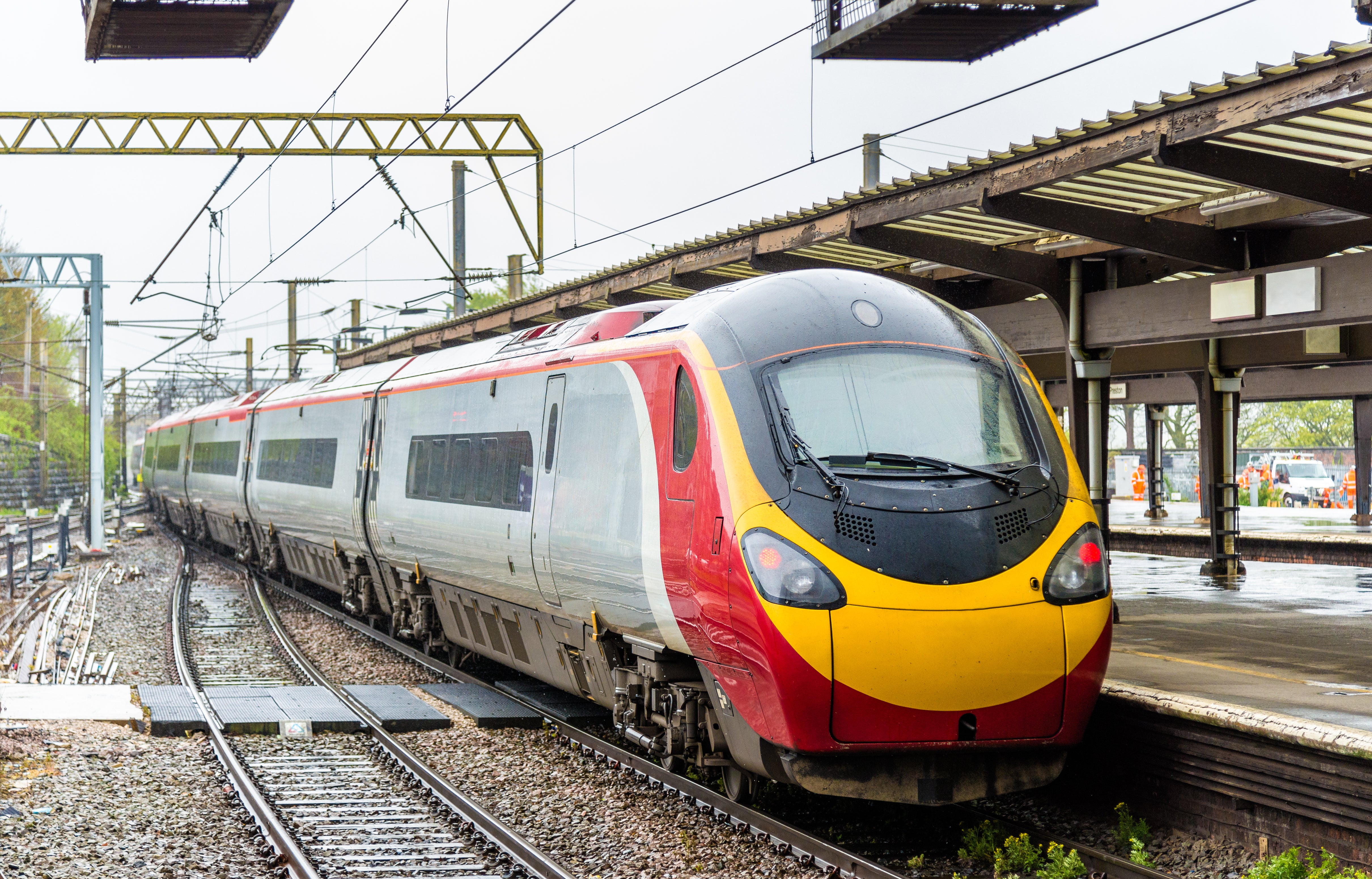The Independent's journalism is supported by our readers. When you purchase through links on our site, we may earn commission.
Better transport options linked to improved health and wellbeing, study finds
The research focuses on residents in the North of England

Your support helps us to tell the story
From reproductive rights to climate change to Big Tech, The Independent is on the ground when the story is developing. Whether it's investigating the financials of Elon Musk's pro-Trump PAC or producing our latest documentary, 'The A Word', which shines a light on the American women fighting for reproductive rights, we know how important it is to parse out the facts from the messaging.
At such a critical moment in US history, we need reporters on the ground. Your donation allows us to keep sending journalists to speak to both sides of the story.
The Independent is trusted by Americans across the entire political spectrum. And unlike many other quality news outlets, we choose not to lock Americans out of our reporting and analysis with paywalls. We believe quality journalism should be available to everyone, paid for by those who can afford it.
Your support makes all the difference.A study has found that better transport options are linked to improved health and wellbeing, because it means the amount of social interaction outside a person’s home is increased.
Research conducted by University College London looked specifically at transport in the North of England. In this part of the UK, residents have less access to transport options than the rest of the country and they also encounter poorer health outcomes.
The two factors are linked by this study, which suggests greater transport accessibility could significantly improve people’s health and wellbeing.
More than 3,000 residents were surveyed as part of the study, which has been supported by Transport for the North and published in Transport & Health.
The research established the strongest link between travel problems and health for those in the over-55 age bracket.
That connection is compounded by people of this age being more likely to have reduced mobility and therefore requiring accessible transport, making the over-55s more at risk of loneliness if their travel needs aren’t met.
As reported by Sky News, lead author of the study, Dr Paulo Anciaes, said: “In the north of England, rural and suburban areas with limited access options are more likely to experience population loss as young people move to the cities in search of work and good travel options.”
The study highlights an urgent need for investment in better transport options, for both medium and long distance routes.
These improvements would include greater train and bus links in the areas with the worst travel access.
The findings appear amid ongoing financial and environmental concerns about the completion of HS2, a government initiative to level-up the transport discrepancies between the North and South.
Some 250 miles of new high-speed rail lines have been proposed and HS2 construction is separated into phases, with the first being underway.
But its full completion depends on government funding approval, which could be affected by spending cuts.
The UCL transport study also comes amid ongoing travel disruption, with bus and rail strikes affecting the first week of January.
Join our commenting forum
Join thought-provoking conversations, follow other Independent readers and see their replies
Comments